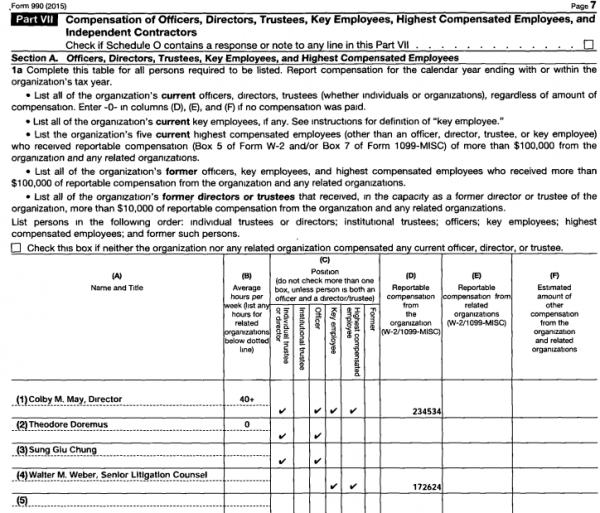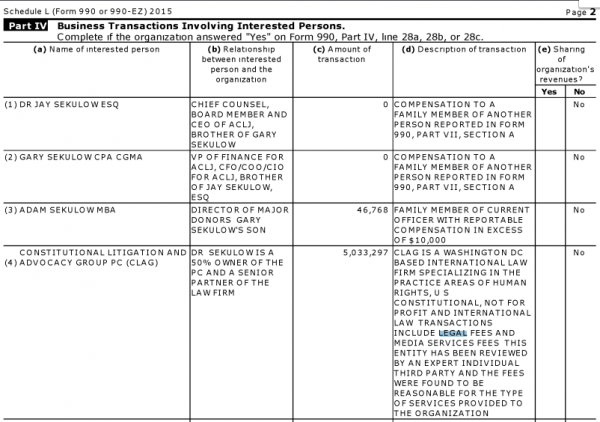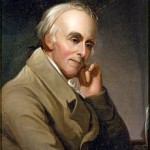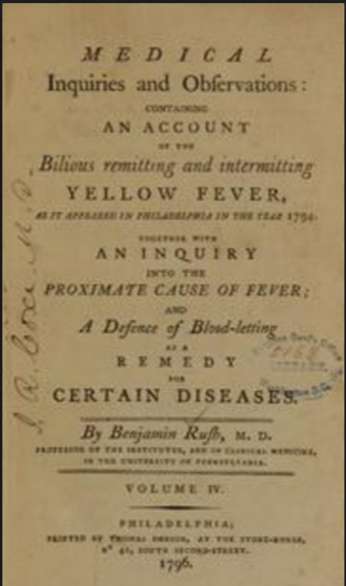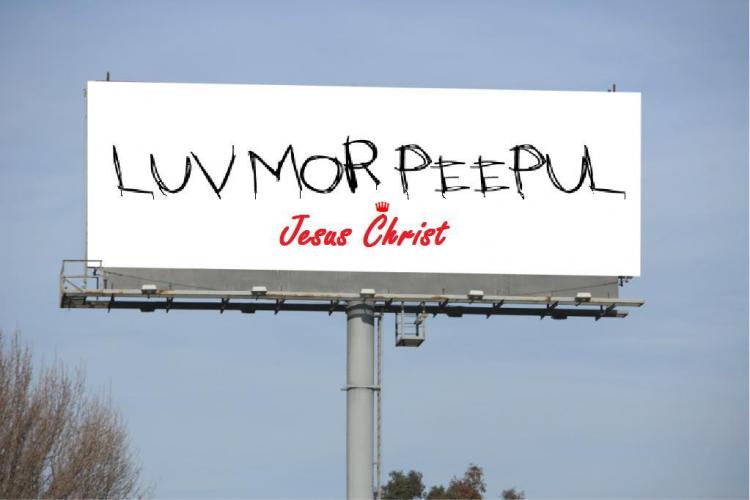
The disgusting displays of racism last weekend in Charlottesville have been a wake up call to many Christians. Some Christian leaders have denounced the resurgence of white supremacists while others have remained silent. The president took two days to declare specifically and clearly that racism is evil. Some evangelicals have defended his slow response while others have called him out for taking so long. Because of the diversity of views under the label evangelical, there is little chance for a unified response among those who identify with that word.
Even though national media statements are important, ultimately the response of local churches will move us toward or away from racial reconciliation. In response to the events in Charlottesville, I hope more Christians will consider at minimum these responses.
1. Denounce racism locally and nationally
There should be no delay for church leaders to denounce racism and racist groups. Statements must be clear and to the point – racism is wrong and antithetical to the Gospel. Racial supremacy is evil and a cancer in the church. Historically, many in the white church fought integration and used the Bible as a reason. This should not be denied or politicized.
Local church pastors and people in the pews must hold national leaders to this same standard. When there is silence from those who have a national platform, we must ask why and mark those who can’t or won’t call out racism.
2. Put aside politics
Whether you supported Trump or not, this is no time to defend the improper actions of your political favorites. Currently, some Trump supporters are defending his slow and confusing response to white supremacy on display in Charlottesville. This political posturing doesn’t help the situation and improperly gives loyalty to Caesar instead of God. On the other hand, Christians must work with the current administration to make change and not simply criticize to score political points against the president.
3. Take the lead in removing Confederate symbols from the public square.
Although this may be controversial, I think it is crucial right now. I believe churches should take the lead in community efforts to remove vestiges of pride in the Confederacy. Some Christians defend Confederate symbols. but I think they are wrong.
Defending Confederate symbols has become a signal for white supremacy. All reasons for flying the Confederate flag or allowing Confederate statues to remain in place ultimately come back to a defense of a painful and evil time in American history. In America today, the display of a Confederate symbol is analogous to the display of a swastika. Americans have the right to free speech but the church is called to a higher standard. I support all lawful means to put Confederate symbols in the museum and out of the public square. Such action would go a long way toward my next point.
4. More action, more learning, less preaching
In addition to action to attack racist symbols, evangelicals, especially those in majority white evangelical churches, must talk less and learn more. White evangelicals must learn about white privilege and the vast differences in perception of society. African-American and whites often see problems and solutions differently. As a white evangelical, I need to listen and learn more, and talk less. I realize as I write this that I may not have gotten more wrong than right in this article. I welcome dialogue and see this piece as an effort to contribute to discussion and learning.
There are two organizations I can recommend (there are many good ones, I just happen to know the leaders of these groups).
Race to Unity
Return to the Roots of Civil Rights Bus Tour

